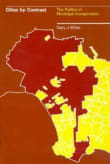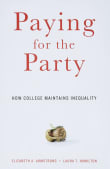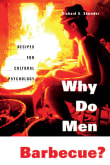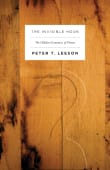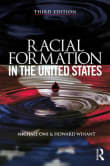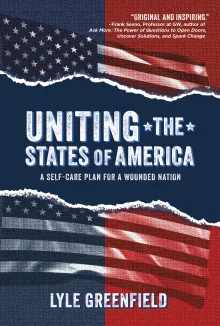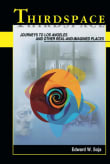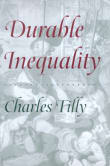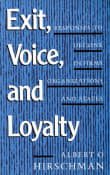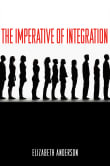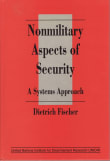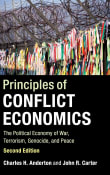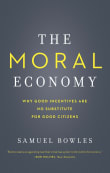Micromotives and Macrobehavior
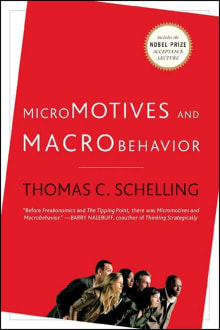
Book description
"Schelling here offers an early analysis of 'tipping' in social situations involving a large number of individuals." -official citation for the 2005 Nobel Prize
Micromotives and Macrobehavior was originally published over twenty-five years ago, yet the stories it tells feel just as fresh today. And the subject of these stories-how…
Why read it?
5 authors picked Micromotives and Macrobehavior as one of their favorite books. Why do they recommend it?

In this book we learn that our actions are shaped by that of others or by our expectation of what others will do.
If, for example, a white neighbor leaves the neighborhood upon seeing a minority family move in, other white neighbors are likely to follow suit if they expect more white neighbors to move out and more minorities to move in. If a critical mass of white neighbors adopts this behavior, the result is a segregated neighborhood.
Applied this idea to the study of mass atrocities, we understand mass participation in mass atrocities as not a result of moral…
From Shikha's list on the foundations of conflict, war, and peace economics.

This is the most unusual among my unusual books. On the surface, this is not even a book about conflict. (For his research on conflict, especially his 1960 book The Strategy of Conflict, Schelling would later be awarded the Nobel Prize in economics.)
But if you think of conflict as being unwilling or unable to cooperate, then a study of cooperation is, simultaneously, a study of conflict. In this book Schelling asks what are the principles by which people’s individual choices coalesce into society-wide, seemingly cooperative, aggregate outcomes. A master observer of human behavior and master storyteller, Schelling’s answers will…
From Jurgen's list on unusual stories about conflict, war, and peace.

This pioneering book explores the ways in which decentralized, uncoordinated choices by large numbers of people acting independently can give rise to aggregate phenomena that no individual anticipated or wished for, from traffic jams to social segregation.
It is a foundational contribution to what has come to be called complexity science.
From Rajiv's list on human interactions and the complexity of social life.
If you love Micromotives and Macrobehavior...

This book renews my faith that microeconomics can contribute to an understanding of societal phenomena beyond the narrow confines of a simplistic market paradigm.
Nobel laureate Schelling shows how it is possible for individual behavior to generate undesirable collective outcomes. He employs this approach to mathematically model white flight in the housing market, even if many whites are not necessarily prejudiced. This contributes another element (albeit insufficient by itself) to our understanding of the complexity of racial segregation.
From Paul's list on the underlying foundation of racialized spaces.

Math modeling in the social sciences starts with assumptions—what people want, what they can do— and deduces the consequences of those assumptions. In this classic, Schelling develops simple models showing that people making the best choices for themselves on a small scale can lead to large-scale, unintended social outcomes bearing no relationship to what people wanted. A provocative chapter entitled "Sorting and Mixing: Race and Sex" shows that a small desire to live near others of one's race leads to near-total racial segregation. Schelling won the Nobel Prize in 2005, and I was lucky to have attended…
From Elizabeth's list on how people shape their communities.
If you love Micromotives and Macrobehavior...
Want books like Micromotives and Macrobehavior?
Our community of 12,000+ authors has personally recommended 46 books like Micromotives and Macrobehavior.


